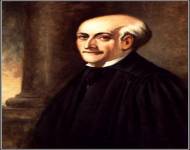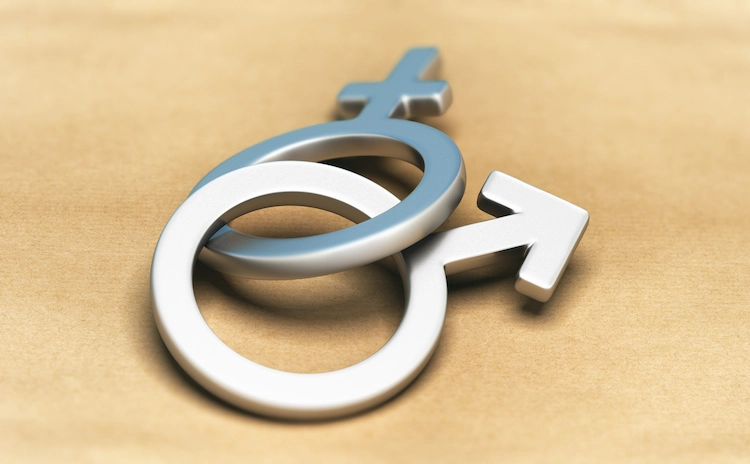Early Life
Henry Brockholst Livingston was born on November 25, 1757, in New York, New York. His father was served as Governor of New Jersey, and other members of the family were heavily involved in New York politics. Livingston earned his Bachelor’s Degree from Princeton University in 1774 with classmate James Madison.
Revolutionary War and Early Career
During the Revolutionary War, Livingston served as a lieutenant colonel and was present in the siege of Fort Ticonderoga and the Battle of Saratoga. From 1779 to 1782 he lived in Spain and worked as a private secretary to his brother-in-law John Jay, then the U.S. Minister to Spain. Following the war, Livingston studied law and was admitted to the bar in 1783, when he began his private practice.
Livingston was appointed to the New York Supreme Court in 1802, where he served for five years until 1807. He contributed greatly on this post, writing a total of 149 opinions. Most notable of these opinions came in the 1805 Pierson v. Post case, now regarded as an important case in American legal education. In this case, one man sued another over ownership of a dead fox. Livingston authored a dissent in the case, maintaining that pursuit of the fox ought to be considered sufficient for declaring possession.
Supreme Court
In 1807 President Jefferson nominated Livingston to serve as Justice on the United States Supreme Court to fill the vacant seat of the late Justice William Paterson. Livingston officially began his post on January 20, 1807.
Although Livingston served on the Supreme Court for sixteen years until his death in 1823, he became known more as a silent observer than contributor, often following the lead of Chief Justice John Marshall. Justice Livingston did not write any major opinions in Supreme Court cases, but instead served to ease tensions among Justices during debates.
Death
Livingston died on March 18, 1823 in Washington, D.C. at the age of 65.









